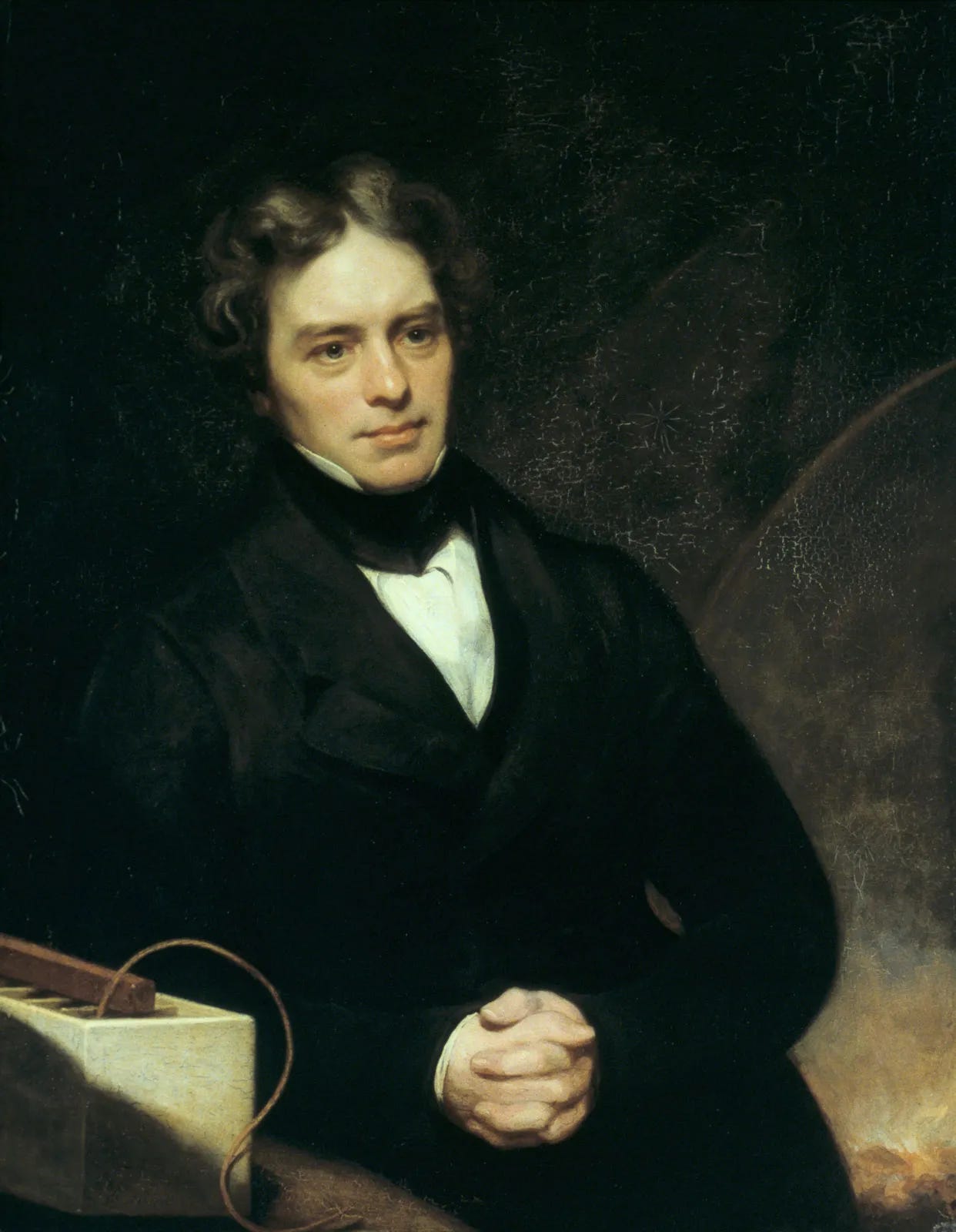Science: Methods of: Experiment and Imagination (Hypothesizing)
Where Do You Stop? Chapter 13:
“I think Nicky and Marvin have put us on the right road.” She consulted a page in her ring binder. She had been taking notes. “Marvin has suggested the theoretical underpinning,” she said. […] “And Nicky did his part. He came up with an idea for an experiment.” […]
“If you punched Matthew,” she said, “and we looked at it as closely as Quanto the Minimum looked at everything, we really might wonder where your fist stopped and Matthew’s face started. I think we should work on that. You were only kidding, of course, Nicky, but we could take off from your idea and come up with some experiments that we might really be able to do.”
Arthur Zajonc, Catching the Light: The Entwined History of Light and Mind:
From his earliest researches in science, Faraday possessed a love for truths gotten through direct experiences, and consequently he held an abiding distrust of speculative theories, such as the molecular ether theories popular in his day. Ever aware of the danger of such speculation in his own research, Faraday penned the following entry in his diary for December 19, 1833, shortly after his discovery of electromagnetic induction: “I must keep my researches really Experimental and not let them deserve any where the character of hypothetical imaginations.” Time and again new ideas and imaginations must be grounded in honest experimental fact, otherwise fantasy takes the place of cautious creative thinking.
[See the entry for December 19, 1833, in Faraday’s diary : being the various philosophical notes of experimental investigation made by Michael Faraday, during the years 1820-1862 and bequeathed by him to the Royal institution of Great Britain, now, by order of the managers, printed and published for the first time, under the editorial supervision of Thomas Martin ; with a foreword by Sir William H. Bragg, at the Internet Archive. MD]

Have you missed an episode or two or several?
You can begin reading at the beginning or you can catch up by visiting the archive or consulting the index to the Topical Guide. The Substack serialization of Little Follies begins here; Herb ’n’ Lorna begins here; Reservations Recommended begins here; Where Do You Stop? begins here.
You can listen to the episodes on the Personal History podcast. Begin at the beginning or scroll through the episodes to find what you’ve missed. The Substack podcast reading of Little Follies begins here; Herb ’n’ Lorna begins here; Reservations Recommended begins here; Where Do You Stop? begins here.
You can listen to “My Mother Takes a Tumble” and “Do Clams Bite?” complete and uninterrupted as audiobooks through YouTube.
You can ensure that you never miss a future issue by getting a free subscription. (You can help support the work by choosing a paid subscription instead.)
At Apple Books you can download free eBooks of Little Follies, Herb ’n’ Lorna, and Reservations Recommended.
You’ll find overviews of the entire work in An Introduction to The Personal History, Adventures, Experiences & Observations of Peter Leroy (a pdf document) and at Encyclopedia.com.


